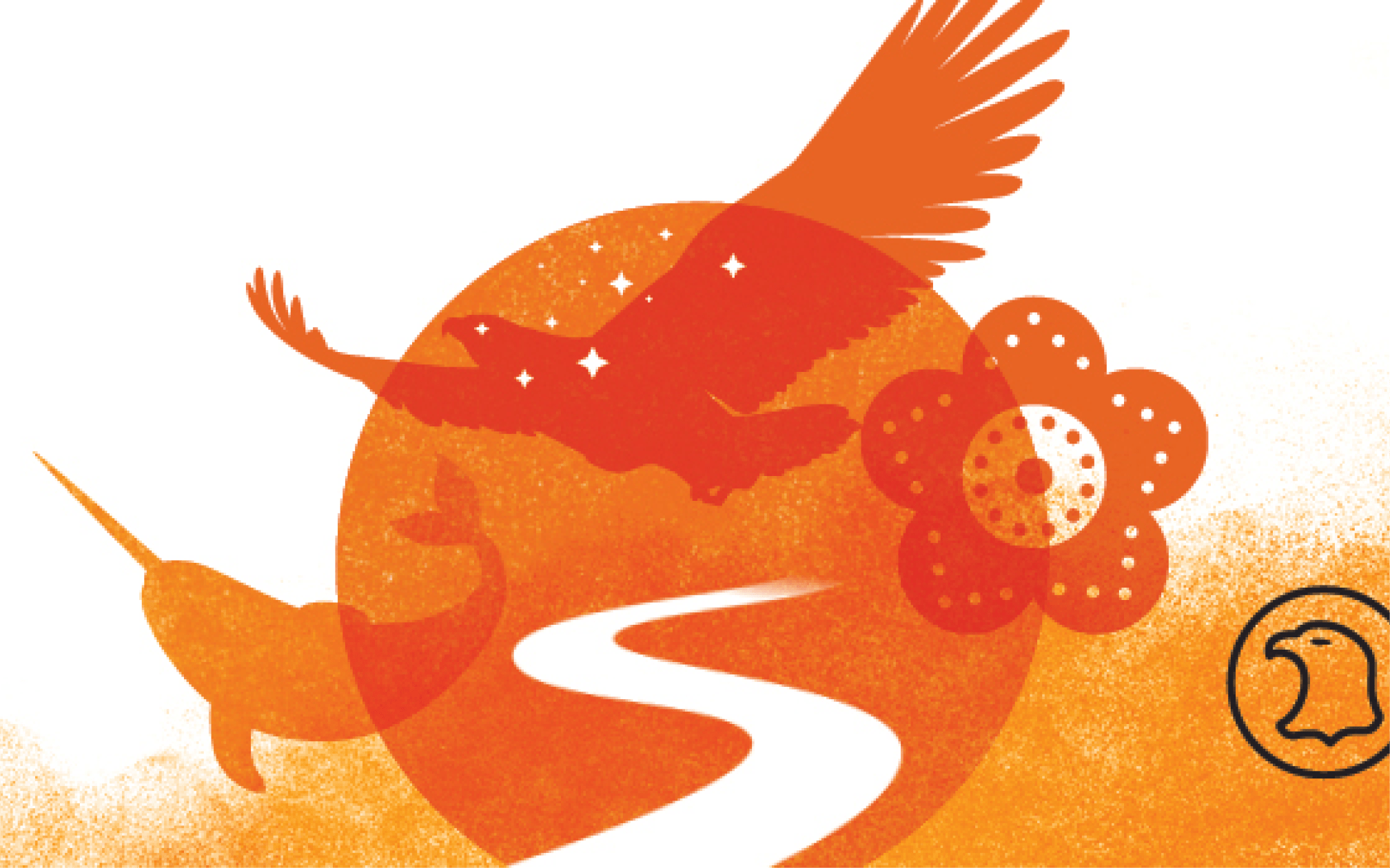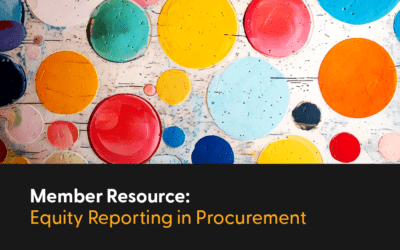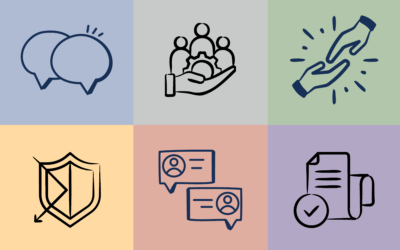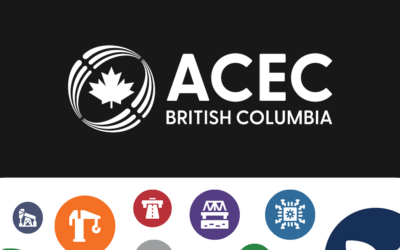Today marks the first National Day for Truth and Reconciliation. In recognition, our Association joins members, partners, and family in reflecting on the impact of colonialism on indigenous people and how we can contribute to lasting and meaningful reconciliation.
ACEC-BC is committed to understanding how our words and actions may harm indigenous people, to acknowledge the impact of past practices, and to make necessary changes to build inclusive, respectful relationships. Reconciliation is a journey that can lead to meaningful change for all people, and a journey that includes mistakes and discomfort along the way. We welcome these changes and discomfort, knowing that we have a responsibility to take actions that support reconciliation.
Events over the past year have brought a renewed focus and awareness of Indigenous rights and the importance of reconciliation in Canada. Since May, when 215 children revealed themselves at the Kamloops Indian Residential School there have been more findings across the country and work continues as more sites are investigated. These findings serve to increase awareness of and attention to the injustices and harms done to Indigenous people in Canada. Although these findings are not new knowledge for Indigenous communities it is new information for many of us and has increased our awareness of systemic discrimination, both historic and still occurring today, and have sparked desire to contribute to and lead change.
By declaring September 30th National Day for Truth and Reconciliation in Canada, the federal government took an important step in acknowledging past mistakes and in ensuring there is ongoing attention to the importance of reconciliation action: it is a day for each of us to reflect, to learn, and make commitments to Truth and Reconciliation. There are elements of Truth and Reconciliation and Calls to Action for all of us, not just within government systems: individuals and businesses each have a role to play in reconciliation.
ORANGE SHIRT DAY
Orange Shirt Day also takes place on September 30th and is an Indigenous-led grassroots day to honour children who survived Indian Residential Schools and to remember those who did not. To commemorate this day and raise awareness, people are encouraged to wear orange.
ABOUT THE TRUTH AND RECONICILATION COMMISSION AND THE CALLS TO ACTION
From 2007 to 2015 The Truth and Reconciliation Commission conducted an in-depth process of gathering information, records, and experiences about the history and legacy of the residential school system in Canada. The process also allowed space to share and honor the experiences of former students and their families. As a result of this process, the Commission delivered a final report, which included 94 Calls to Action; all Canadians are encouraged to read the report summary to learn more about the history and legacy of Indian Residential Schools and to understand the Calls to Action.
Actions for Organizations:
Specific to businesses, Call to Action #92 is directed at the corporate sector in Canada, calling on organizations to adopt the United Nations Declaration of the Rights on Indigenous Peoples by providing meaningful consultation, ensuring equitable access and education opportunities, and providing education for management and staff on the history of Indigenous Peoples in Canada. In addition, there are aspects of other Calls to Action that are also applicable to businesses and to individual working in engineering.
Actions for the practice of engineering and geoscience:
In 2018 Arrowblade Consulting, led by Nalaine Morin, was engaged by Engineers and Geoscientists BC to review the Calls to Action and highlight those that related to professional practice and the regulator’s operations. In her report, Morin identified those Calls to Action which are relevant to Engineers and Geoscientists BC, and those that are relevant to registrants, which now includes both individuals and firms.
At a recent Engineers Canada national gathering discussing Indigenous participation in the development and delivery of projects in their communities and territories, Morin emphasized the importance of engineers and engineering firms in understanding their role in facilitating and supporting meaningful participation and engagement. As recommended in her report, this understanding and meaningful action is supported through professional development on topics including First Nations cultural and legal issues, intercultural competency, conflict resolution, human rights, and anti-racism.
As part of this professional development and growth in learning, Morin explained that engineers must come to understand that lived experience and local knowledge must be valued, factored into a project, and included in the engineering approach. Morin underscored that engineers and other professionals working on project must realize that there is a place for qualitative data, not just quantitative data, in engineering design.
Recognizing that this approach is, in many cases, a new way of doing things for engineers, Morin pointed out that in the journey of reconciliation and working in partnership is also a new way of doing things for indigenous people and communities, and suggested that working together in this way requires all of us to be open to learning.
Taking steps on your journey:
Figuring out where to start or what to do can be challenging, but should not deter us into inaction. There are many resources and sources of information that can help you and your organization take meaningful steps. Organizations can provide education opportunities for employees by sharing reading lists and organizing discussion groups, hosting training sessions and workshops, and providing support to access external training opportunities including self-paced learning programs.
Beyond education and training, taking action to build meaningful relationships and to ensure equitable job access requires that organizations build intentional practices and policies to support these objectives. Analysis and recommendations in Morin’s report provides guidance on where organizations can start. Other business resources are also available, such as the various publications from the Canadian Council for Aboriginal Business Organizations including reports that focus on business reconciliation and topics like procurement and community development.
Fundamental Actions Toward Business Reconciliation
What actions you take will depend on where you are on your journey, the capacity of your organization, and the capacity of the indigenous communities and businesses in your region. Some fundamental action you can take include:
- Educate
- Learn about history of indigenous people in Canada
- Learn about local indigenous communities and businesses
- Reflect
- Consider how your organization can contribute to reconciliation
- Consider what can you do locally for indigenous communities and to build partnerships with indigenous businesses
- Act
- Include land acknowledgements in your meetings and events
- Sponsor or volunteer at local indigenous events
- Observe special dates throughout the year (not just September 30th)
- Engage with local communities and businesses early and often
- Explore local capacity building
Today is a day to reflect, learn, and to commit to reconciliation. However, to meaningfully advance reconciliation, we need to be open, as individuals and organizations, to learning, hearing the truth, and acting throughout the year. As Morin emphasizes, engineers and engineering firms have an important role to play in reconciliation: our work directly impacts Indigenous communities, and we must consider not only our role in meaningful engagement but also in considering how we include Indigenous knowledge and experience in our designs.
About ACEC-BC:
ACEC-BC is the voice of Consulting Engineering companies in British Columbia. We collaborate with members and industry stakeholders to advance the business interests of consulting engineering firms in BC, serving the interests of our members through advocacy, creating opportunity for collaboration, and building awareness of the industry’s contributions to society and innovative technical expertise. Values unite our members and our governance. Together, we act collaboratively, promote innovative thinking, and invest in our community.
Our actions to support reconciliation:
- Land acknowledgement: we have changed our land acknowledgement to focus on accountability and personal reflection, and to support our members in learning about the territories where they live and practice.
- Procurement: our local procurement practice supports indigenous artists who produce work celebrating the ACEC-BC awards program, and special recognition gifts for significant volunteer contributions
- Learning and Development: we are supporting members and our team to be more aware and increase understanding of actions we take in our professional practice by hosting professional development events, and attending workshops provided by indigenous trainers.
- Communications: we are raising awareness of recognition days like today (National Day for Truth and Reconciliation) and National Indigenous Peoples Day through articles and recognition on our social media channels. We will continue to highlight actions to support reconciliation and will seek opportunities to amplify indigenous voices in our operations and events where possible.
Resources
- Truth and Reconciliation Commission
- 94 Calls to Action
- United Nations Declaration of the Rights on Indigenous Peoples
- Information about Orange Shirt Day
- Truth and Reconciliation Calls to Action – Actions for EGBC Recommendations Report
- Government of Canada Indigenous Learning Resources Library
- 48 Books by Indigenous Writers to Read to Understand Residential Schools




